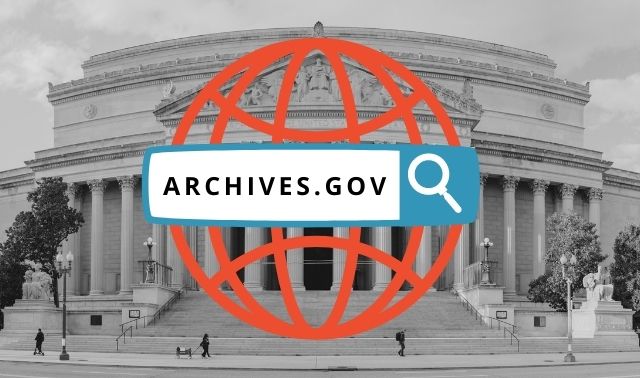Sign up for the Family Tree Newsletter Plus, you’ll receive our 10 Essential Genealogy Research Forms PDF as a special thank you!
Get Your Free Genealogy Forms
"*" indicates required fields
At age 74, John Frye (shown) claims four decades as director of the Western Maryland Room at the Washington County Free Library in Hagerstown, Md. “He created the room, and he’s shaped everything that’s happened there,” says Marsha Fuller, the library’s public relations coordinator.
Frye, whose day job for 30 years was in cartography, started part time at the library in 1968. The history room had just opened, with three research hours per week. Now, it’s open 27 hours a week. The collection also has grown from 800 books to 8,000; the vertical file barely existed but now contains 10,000 clippings, brochures and other ephemera.
Frye’s been instrumental in orchestrating the Western Maryland Room’s modernization. The biggest change, he says, has been technology. The library computerized its catalog in the 1980s and offers patrons access to online genealogy databases such as HeritageQuest Online and Sanborn maps for the region.
That’s not all: “Our material is becoming available worldwide,” Frye says. Resources such as sheriff’s records, Hagerstown 1893 and 1907 city directories, and the Barton Store Ledger are digitized at the Western Maryland’s Historical Library Web site.
One of Frye’s most beloved efforts is the Church Records Project. Maryland didn’t start keeping vital records until 1898, so to help researchers navigate this genealogical pitfall he collects as many church records from local residents and places of worship as possible. The thousands of records make this source alone important enough to lure crowds to the library.
Early on, Frye acquired materials besides books. “I wasn’t a librarian, so my approach was different,” he says. “I asked myself, ‘What will people in the future use?’ I had the intuition that we should be pack-rats.” The items he’s gathered—photos, wills, postcards—are now common genealogical sources.
Frye’s brain is equally consulted. “John knows more about this area than anybody ever has,” Fuller explains. “People come just to ask him questions.” When she fills in, some patrons want to return when Frye is on duty. Fuller finally made herself a new nametag: “Chopped Liver.”
That chance to help, Frye says, is what keeps him showing up at the office year after year. “I find tremendous pleasure in helping someone find what they need—whether it be a fourth grader doing a school project, a genealogist tracing her family or a student writing his doctorate. I can help people succeed. That’s exciting.”
From the September 2009 Family Tree Magazine
ADVERTISEMENT




